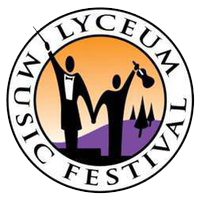What are the Top Music Camps for Teens?
It’s hard to find straight talk on what the top summer music camps are for teens. Finding the experience that is right for you depends on YOU! I hope by presenting some facts and encouraging you to do your own research that you will find the experience that makes you LOVE MUSIC MORE! As you read, think about what YOU want or what you want for your son or daughter. Finding the right experience depends on a lot of factors. It starts by determining what is most important to you!
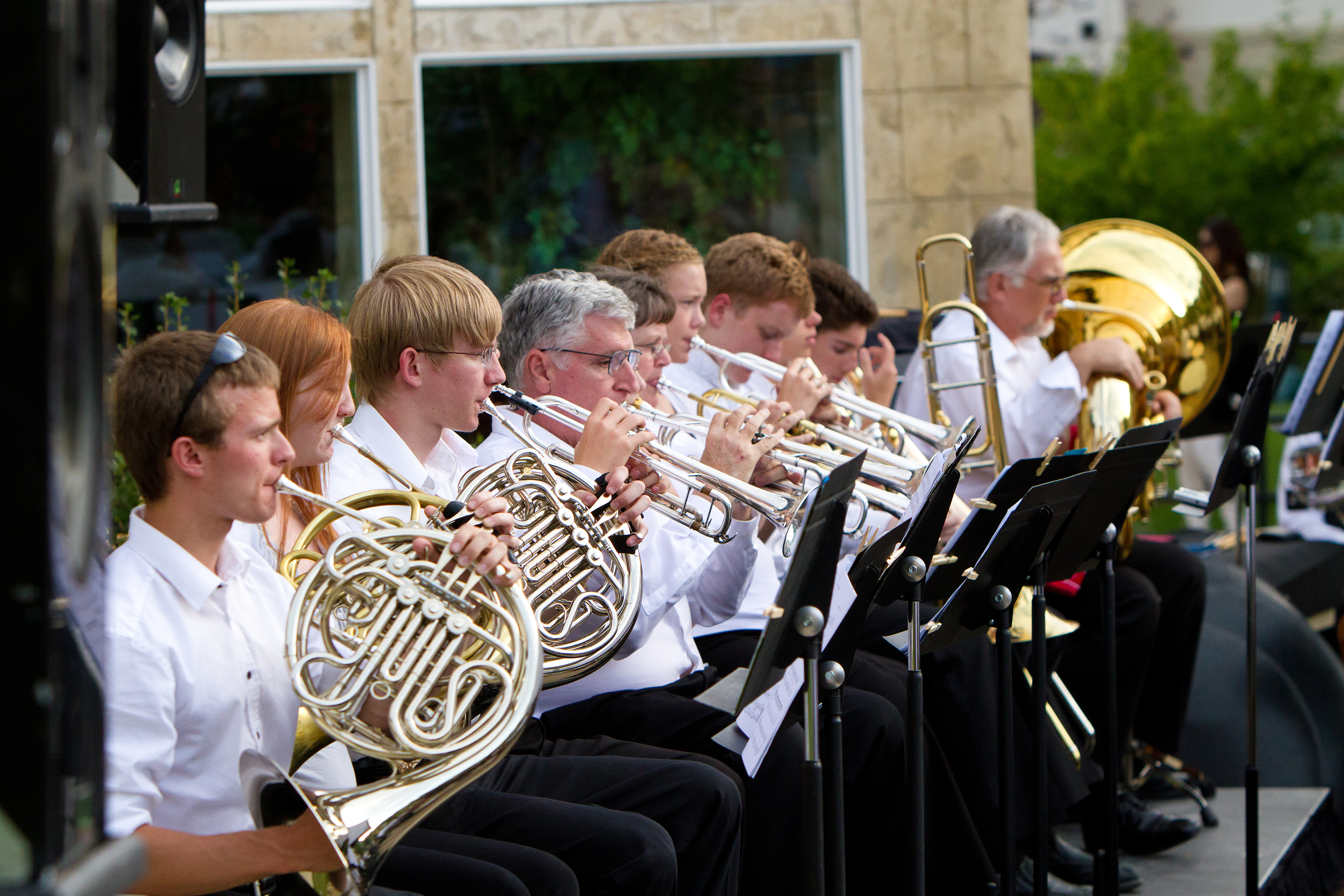
Before we go too much further, let me dispel some rumors. Music students don’t “build a resume” they build skills. Yes, it is impressive if you have a perfect test scores, community service awards, and have attended summer camps with big-time name recognition. But in the end, all that matters in the industry is how well you play. In fact, half of the time the student with the big resume gets beat out by a homeschool kid who doesn’t have a high school diploma but plays like a pro. Think about it, they let 14-year-olds into top conservatories. There are children with careers in music. Music is a performance-based NOT resume-based industry. So, while it sure is impressive to put a big-name on your resume. Be warned that what really matters in a practical sense is how that week or weeks in the summer inspired you to be better. How it changed your perspective. How it motivated you to practice year-round. Don’t get caught up in prestige; find the experience that will benefit YOU the most.
There are a few names in the summer camp world that come up again and again, in part because they have been around for so long that they have really helped a lot of musicians along their path. Aspen, Tanglewood and Interlochen are the biggest names in the United States. Students from across the globe are vying for seats in these camps and costs range from thousands of dollars to next-to-nothing depending on scholarships. The faculty are a mix of professional performers and top university faculty. The atmosphere is competitive and intense and depending on your exact program expect to compete against a lot of older college students. For many, these camps are stops along the way to a professional career.
Arguably, the next tier down are some nationally-significant camps that you may have heard of including Brevard, Meadowmount, Idyllwild, Round Top, Bowdoin, National Orchestra Institute, National Repertory Orchestra, and Music Academy of the West. These are all competitive music camps where you have top university players as faculty. Some focus solely on orchestra music others are just for string players or focus solely on chamber music or private lessons. The cost also ranges from very expensive to affordable (especially if you submit your application before the scholarship deadlines). I should probably add Lyceum Music Festival to this list, but LMF is sort of in a class all its own and as both the author of this blog and the director of the camp, it’s probably not for me to rank us.
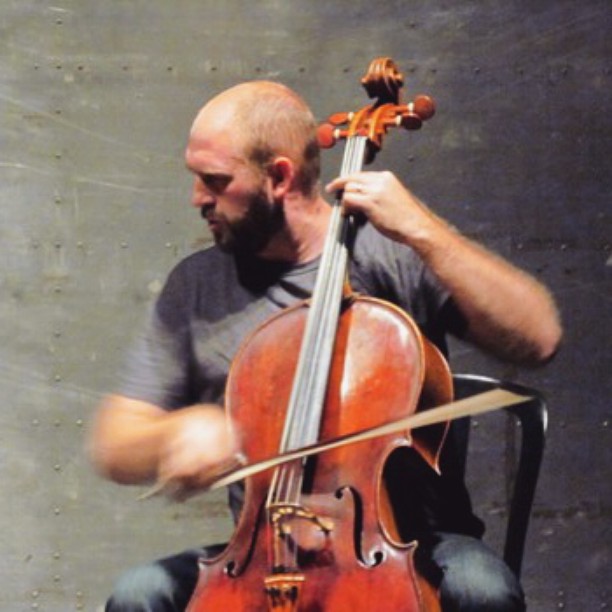
Many students attend music camps closer to home. Universities and community groups host camps aimed at serving the local population that can be a fantastic bargain. These are generally day-camps and are often both affordable and provide more individualized attention. The atmosphere is less-competitive which for some students is an advantage and for others doesn’t really inspire. Day camps are perfect for younger students who really benefit from the support system of their home, but don’t usually supply the social interaction and isolation from distractions needed for older teens to really be immersed in the music. In Utah some excellent local music camps include BYU Summerfest, Intermountain Suzuki String Institute, U of U’s Summer Chamber Music Workshop, Westminster’s SummerSong, and my favorite Lyceum Music Festival.
Day camps are perfect for younger students who really benefit from the support system of their home, but don’t usually supply the social interaction and isolation from distractions needed for older teens to really be immersed in the music.
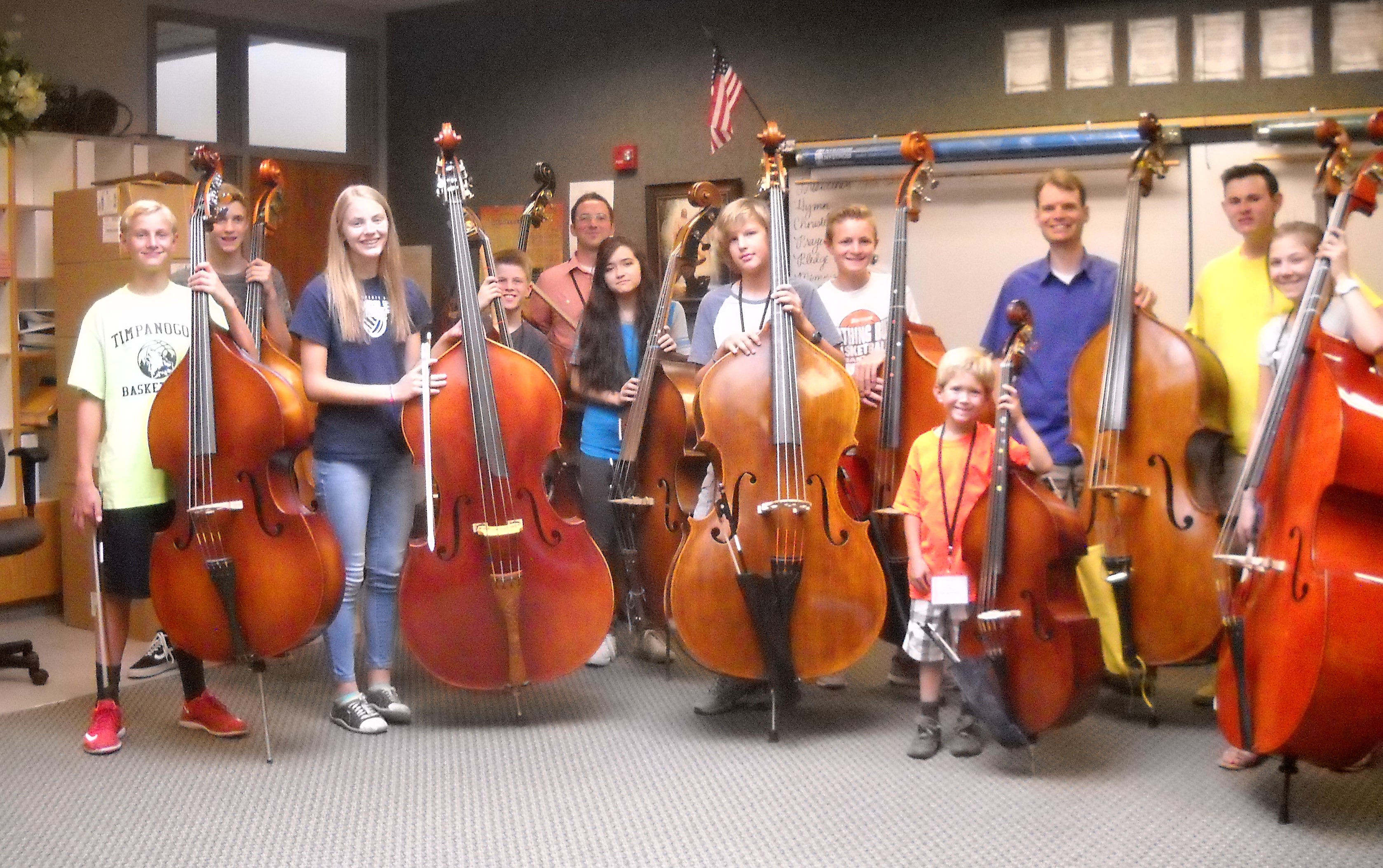
As a high school student, I attended local camps including two of the above-named local camps. As a college student, I attended national camps including two of the second-tier camps named. The most impactful camp I attended as a college student was actually an international camp in the Czech Republic called Ameropa. I won’t spend a lot of time discussing international offerings as I’m not sure how appropriate they are for teens (see title), but don’t exclude them from your plans all together. They are an exceptional way to broaden horizons. All in all, as a student I attended eight different music camps some more than once. They account for some of my best musical memories but looking back I realized that they didn’t really prepare me for a career in music. I suppose that is why I founded Lyceum Music Festival.
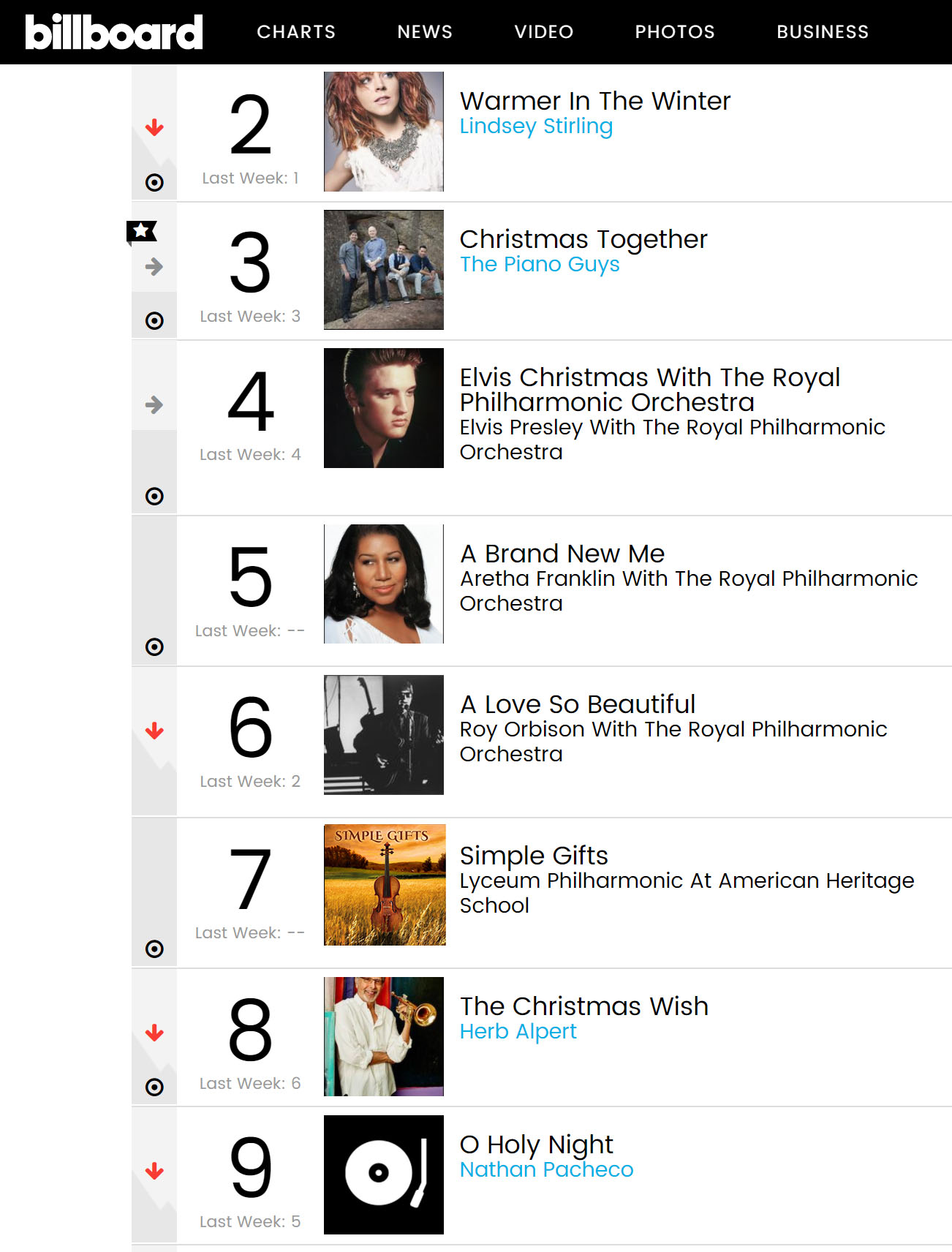
As I write this blog, I am preparing for the 10th season of LMF. As the founder of a music festival and one who has attended local, national, and international camps I suppose I felt it was time to share some of what I have learned.
1 – For most youth, summer music camps may be the only way to escape from the distractions of daily life and focus on music.
2 – There are only a handful of “magical” summers where this immersion in music can take place. All too soon high school turns to college, college turns to career and the window for these potentially pivotal experiences closes. See my blog – Why Music Camps for more on this.
3 – Social atmosphere really matters. Friends matter more than music to most teens. Finding a good mix of social interaction and music instruction is one of my main considerations in constructing LMF. Social atmosphere really matters! Finding students who have similar skill-levels, ages, interests, and values is no easy task but when it works it changes lives!
4 – Standards matter! When youth find themselves away from parents, church, and friends who hold them accountable to certain standards and find themselves all of the sudden surrounded by a group of musicians who may or may not have different ideas about drugs, alcohol, sex, pornography, prayer, or foul language then the takeaway from a music camp might be other than what a parent anticipated. Music camps can be a real test of moral backbone for a young person. In some cases, this comes not only from students but from faculty or older student who may challenge the beliefs of the teen. As a parent, I would ask a lot of questions about what standards are enforced at an camp and weigh heavily what sort of social atmosphere exists at the camp before sending my teenager.
5 – The Music Industry is evolving rapidly. Is the music camp evolving with it? Look at the Billboard Classical Charts and chances are you will find The Piano Guys, Lindsey Stirling, Simply Three, Nathan Pacheco and other cross-over artists up there right next to the major symphony orchestras. Is it enough to learn to play Stravinsky or should we also be teaching modern styles and exposing students to these cross-over artists who are dominating the industry? If you are attending major music camps you essentially testing the waters for a career in music. Shouldn’t that education include what’s happening in the industry right now?
What summer music camp is right for your teen? Lyceum Music Festival is really a trailblazer in that it is incorporating classical-crossover artists with Utah Symphony faculty. Its access to professional performers — not teachers or professors necessarily but people who perform on their instruments at the highest level for a living – puts LMF up there with the big three who largely do the same for their faculty. Perhaps, more important to parents than the quality of the faculty or the combination of masterworks from the classical repertory with relevant changes in the industry are the camp standards. We don’t proselyte at LMF or collect information regarding religious affiliation, but we are sponsored by a private faith-based school. And we do espouse and enforce standards that include modest dress, separation of sexes in rooming, no public displays of affection, no foul language, we encourage prayer and openly allow students to live their religious beliefs. We carefully select faculty who model the highest moral standards. We want the youth to come away loving MUSIC more. We want students to come away inspired. Whether you choose to apply to LMF or any of the other quality camps discussed in the blog, I sincerely hope you have an experience that inspires you to develop your potential all year long and most importantly LOVE MUSIC MORE!
